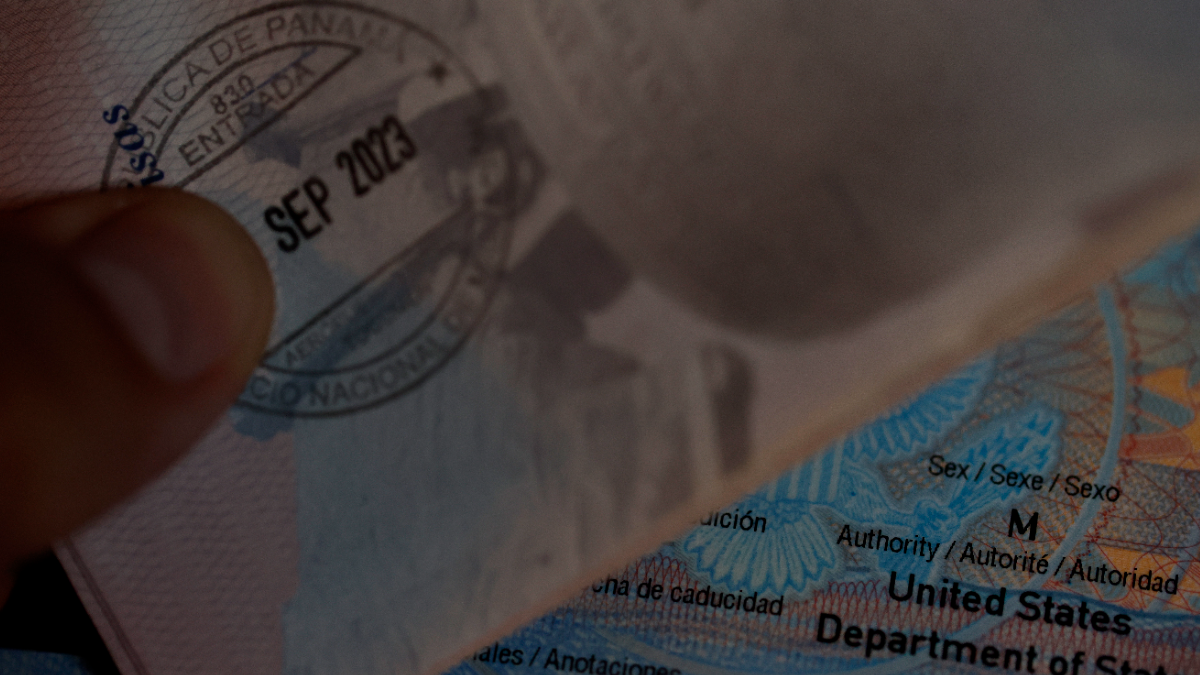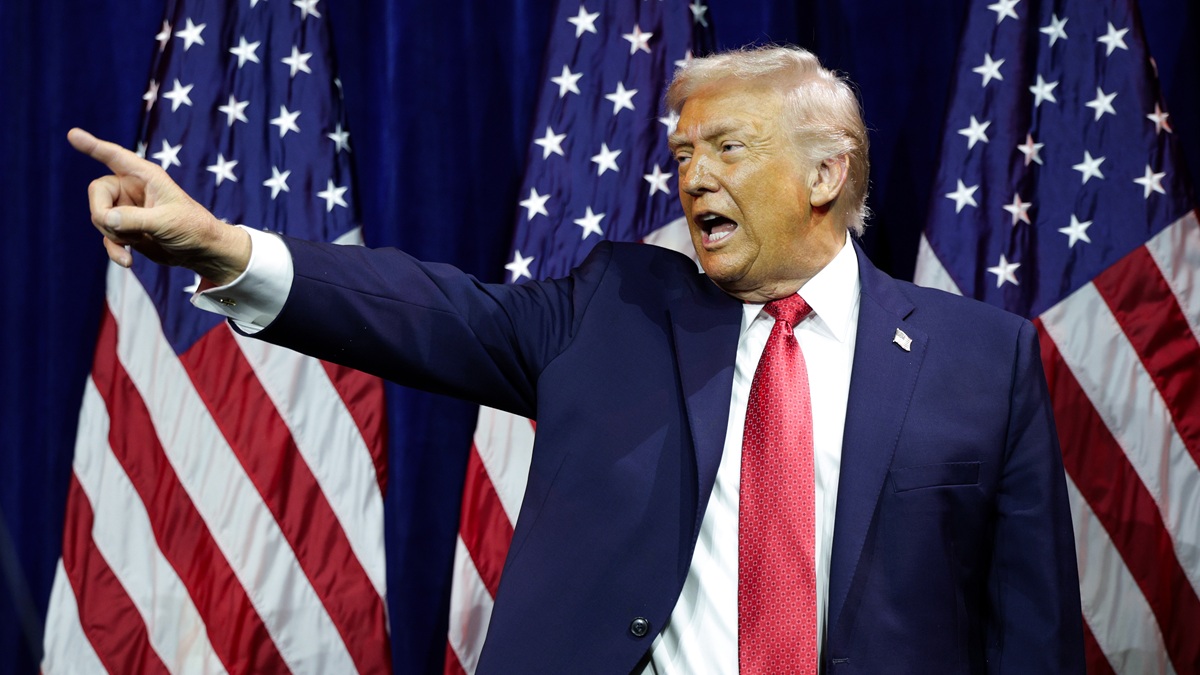
Two episodes were provided prior to broadcast.
The fact that CBS’s newest comedy, The Great Indoors, airs after the network’s longest-running, mega-hit The Big Bang Theory bodes well for the freshman comedy’s potential to gain some kind of an audience. It’s stocked with fine actors from a collection of other well-known shows and movies, it’s got a decent workplace comedy premise, and series creator Mike Gibbons (Tosh.0) at least knows how to wrangle together the show’s quirky cast into something resembling a neighborhood in the vicinity of charming.
Yet, it’s an effort to make it through just the 20-minute pilot. Many listable reasons throw themselves onto the rails that is the eventual train wreck of The Great Indoors, all acceptable excuses for changing the channel until Mom comes on, or maybe just turning off the TV completely and discovering these mythical “outdoors” that series lead Jack Gordon (Joel McHale) speaks so highly of. If you start halfway down the list, you’ll find that there’s awkward dialogue and a cliché set-up, move higher and you’ll see a collection of gay jokes that at their worst come lined with some casual homophobic and biphobic subtext, and at their best are over quickly. And yet at the top is the shining failure of any poor comedy: The Great Indoors just isn’t funny.
It’s a lack of humor that’s simultaneously disappointing and exhausting, and you’re mostly left waiting for the show to come up with something clever or verging on funny to say about the infantilization of millennials, or the age gap in the workplace, or the jobs lost by experienced potential employees to up-and-comers whose Snap Score trumps actual years in the industry. Thus brings the exhaustion, barely halfway into the pilot’s 20 minutes, wherein alpha male adventure reporter, Jack, returns to the Chicago offices of the magazine he does field work for, Outdoor Limits, only to discover it’s somehow been overtaken by monkeying-around millennials and that his boss, Roland (Stephen Fry), is effectively ending its print run and shifting the entire business online.
Jack is then forced to become the desk-bound head of a digital division full of whippersnappers who have titles that he’s convinced are made up – “digital conversation specialist,” “social influencer,” etc. – all without any of the excitement of his field work. Leading his new team is Clark (Christopher Mintz-Plasse), an awkward guy who’s obsessed with Jack’s adventures, then there’s Mason (Shaun Brown), Emma (Christine Ko), and Esther (Deborah Baker Jr.), all of whom are cut from the same strap of suspenders and who gain exactly one defining characteristic (Esther is weird, Emma is broody, Mason is potentially bisexual) for Jack to either make fun of or dance around awkwardly.
Likewise, The Great Indoors is at least an equal opportunity offender, and the group of youngsters manage to sneak in jabs about Jack’s status as a 40-year-old with the subtly of a Pumpkin Spice Latte tweet in October. “You’re like the human version of dial-up,” Emma snarks early on, which I guess is the show’s idea of how we millennials talk to our bosses. For a fleeting moment there are glimpses taken into modern workplace dynamics that feel tangibly 2016, like when Emma bemoans Jack getting promoted over her because she’s “been here for 8 weeks already,” but The Great Indoors is first and foremost a CBS comedy, and a terrible one at that.
The writing thinks repetition incites laughs, cranking up studio hysterics anytime Roland repeats Jack’s name, or refers to hard liquor as his old friend, or makes a beeline from meetings with Human Resources. Fry, who’s trying his damnedest to rise above the Kooky Alcoholic Boss label that the writers appear to have drawn from a hat, does make The Great Indoors feel more quality than it actually is, but nothing and no one can save such a dearth of fun, laughs, and ingenuity on their own.

Like the worst parts of The Great Indoors, it’s a lack of humor that’s only more unbelievable the further you delve into it, and the more you realize no quality talent can make up for a lack of quality jokes. For starters, McHale’s done this sort of paragon-of-masculinity drivel to death before, and without the all-star crew of Community, the cracks in his armor begin to show (on a pure level of questionable taste, Community‘s audience is also essentially the butt of every joke here, a meta twist which Abed would appreciate at least).
Likewise, Mintz-Plasse feels unsurprising as the office obsessive knowledgable of all-things work-related but completely baffled in actual human interactions. The biggest problem with them, with every character on The Great Indoors, is that they’re so simply drawn that nothing they say or do is surprising, and it’s all too easy to imagine them saying and doing the exact same things five seasons down the line (god forbid).
Sure, that’s the basis of any sitcom – introduce enough of a catalyst to incite drama, but not too much that you can’t roll it all back to zero at the episode’s end – but it shouldn’t be so damn blatant. The Great Indoors fumbles its attempts at some form of subtly, mainly found in Jack’s sexual history with boss’s daughter Brooke (Susannah Fielding), by repeatedly bringing up the fact that the two slept together at a company retreat a few years ago, but they’re totally cool now. The episode-ending cliffhanger of the two waking up in bed together sometime in the future isn’t so much suggested as it is threatened for anyone who makes it that far.
Similarly, while The Great Indoors can’t be expected to represent the hopeful beacon of a diverse generation of people that have come into adulthood over the past few years, the show approaches near obscene levels of propaganda in its depiction of dumb-as-bricks mid twenty-somethings who think the actual building they’re drinking in, a bar, is an app for Android smartphones. While that is, admittedly, the only line in 40 minutes of The Great Indoors that I actually laughed at, it’s a too-perfect metaphor for the show’s broader generalizations in the name of “comedy.” Which, yes, are things that happen and are easy to put aside when the word comedy doesn’t need to be in quotation marks. Unfortunately, for The Great Indoors, it does.
But, really, The Great Indoors is most frustrating in its attempts to do what Mom does: have its cake and eat it too. That show, filthy and rife with innuendo as its valleys are, earns its emotional peaks because it treats its characters like real people who face the consequences they’ve earned with humor and fear. The Great Indoors may as well be a time-lapse shot of a group of mannequins in the window of a Patagonia for all of the wit and storytelling dexterity that’s on display in the first two episodes. Does every sitcom need to carve out the pathos of Mom? No, of course not, but given that The Great Indoors is leading up to it, it’s impossible to mistake the new series’ inferiority in essentially every category.
And it’s hard to overstate this category, but the biggest one is laughs. The Great Indoors fumbles because it not only relies on dumb humor, but on the illogical kind. A running gag in the pilot is that Clark keeps showing his phone to Jack, which always, somehow, has Mason’s penis displayed. Were it funny, one might not think about the league of that’s-not-how-humans-work inconsistencies stacked in place to set up the gag, the least of which is, who doesn’t check their phone before showing a vital piece of information on it to someone? But it isn’t a solid joke with a great pay-off, it’s just garden variety, lewd humor that sets up the show’s lazy tone. Now that we’re firmly embedded in the nitpick zone, and given that The Great Indoors doesn’t deserve the mental thought required for a single nit nor pick, I’ll end with this listicle inspired by my status as a twenty-something someone born in the 90s who can think only in condensed data points:
Three Reasons Why You Shouldn’t Watch The Great Indoors:
3) There are better shows with nearly everyone involved for you to kill half an hour with.
2) The Great Outdoors has already been around for a few millennia, so it makes for a more reliable binge when The Great Indoors inevitably gets cancelled.
1) It. Is. Not. Funny.










Published: Oct 25, 2016 09:23 am